This is a real account of travel by Oliver Wardrop, a British subject, in Kingdom of Georgia in 19th century. It is always fascinating for me to read such notes to understand evolution of national identity and so on. What's Kingdom of Georgia?
Kingdom of Georgia corresponds to the present day Georgia, former Soviet Union country, located between Black and Caspian sees.
Kingdom of Georgia as a political entity had not existed since late 15th century. It was divided into several small principalities each ruled by own "Kings". Russian conquest of Caucasian territories in 19th century allowed 3rd unification of Georgian lands under Russian Empire (1st unification happened in 12th century, 2nd one in 14th century).
Russian, however, abolished Georgian Kingdom (and its Bagrationi Royal House) and incorporated it into their own territory as a separate vice-royal province.
It was at this time when Oliver Wardrop visited Georgia (around 1880s). So it is quite strange that he still refers to it as Kingdom of Georgia. Though his book's full title reads as "The Kingdom of Georgia: Notes of Travel in a Land of Woman, Wine and Song", there are almost nothing about either women, wine or songs there. So it is quite surprising title for me.
Oliver Wardrop's travel to Kingdom of Georgia starts with Black See port town of Batumi. He shortly describes town and then proceed to Kutaisi and from there to capital city of Tiflis (modern day Tbilisi).
Book is filled with few photos. For example, this guy on the left is referred in the Book as Georgian in national costume. What is strange about this costume is that it looks nothing like a national costume modern day Georgian imagine as their "true" national costume.
Another interesting point about this book is that it is filled with georgian words that have no modern meaning in modern Georgian language. For example, when talking about feast, Oliver Wardrop mentions that wine drinking is directed by a person called a "tolumbash" (toastmaster). But there is no such word in modern day Georgia that refers to toastmaster. Apparently origin of this word is Armenian. Now, there were lots of Armenians living within Kingdom of Georgia then and now. Either Armenian words were more frequently used in Georgia [by Georgians] in 19th century or Oliver Wardrop were dining with Armenians living in Georgia. However he is very specific for separating Georgians from Armenians and for some reason he tends to think of Armenians who were mostly running all the businesses in Georgia in 19th century as untrustworthy people, while as the same time praising local Georgians as a simple, honest and innocent people, though lazy as well.

Since Oliver Wardrop was involved in translations of Georgian literature into English, he showed 19th century Georgian alphabet in his book (on the left). When I first saw it I was surprised that I could not recognize some of the letters. When I did little research about this subject I found out that 5 letters were indeed removed from Georgian alphabet at the end of 19th century. It was new to me and I am glad that I learned something new about evolution of Georgian alphabet from this century old book.
In summary, this book provided relatively little novel information regarding living conditions of Georgia in 19th century. Frequently, the author notes are filled with mistakes about history and so on.
Still, since it is short book it is useful to read for someone who is curious about Georgian history as seen by European traveler in 19th century. I was disappointed that Oliver Wardrop did not mention anything about the origin of word "Georgia" since in georgian language name for "Georgia" is something entirely different (Saqartvelo). I am very curious to know who and when word "Georgia" was coined in reference to Kingdom of Georgia.
posted by David Usharauli














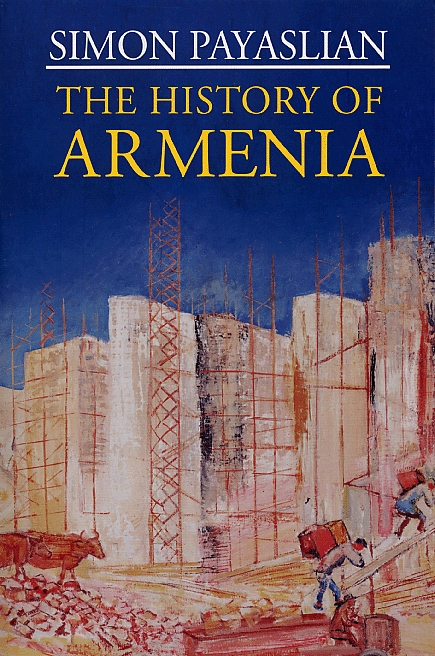
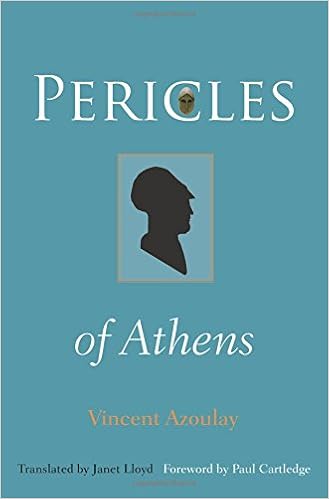

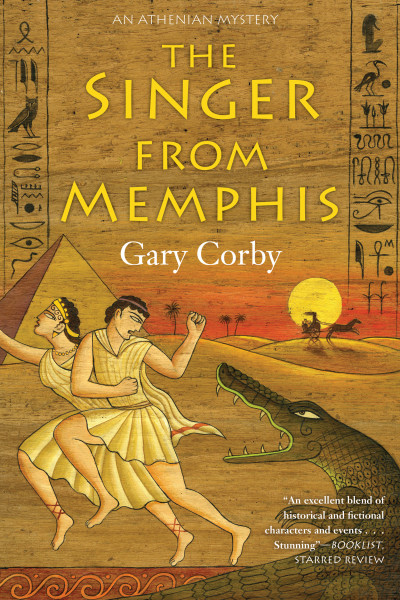







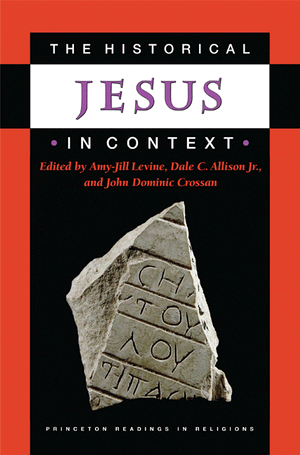


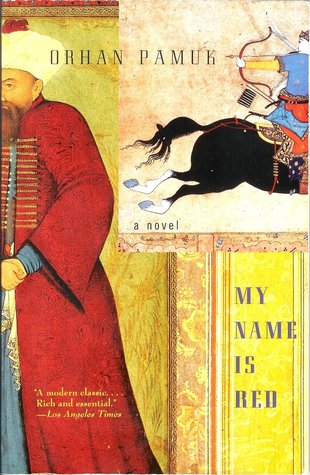


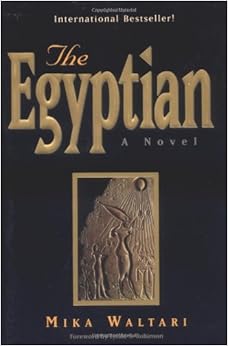






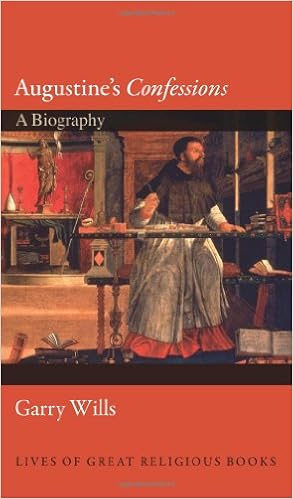


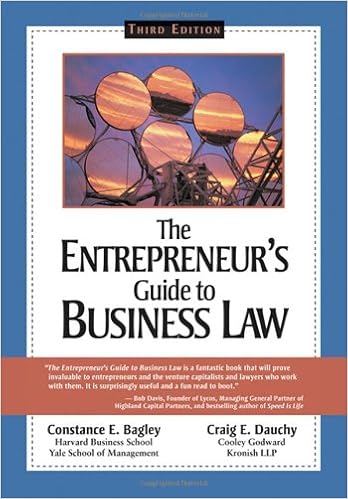





.jpg)

